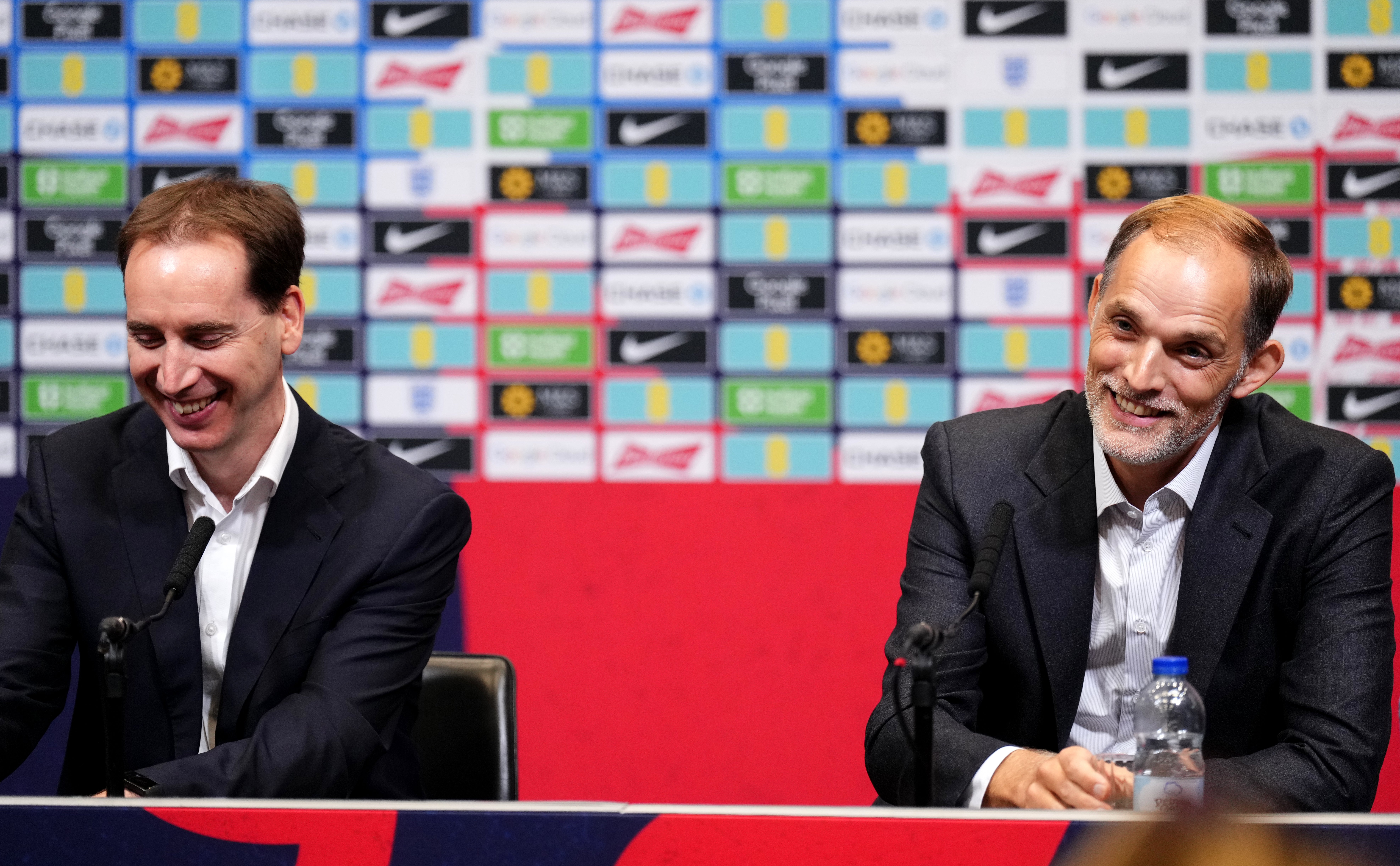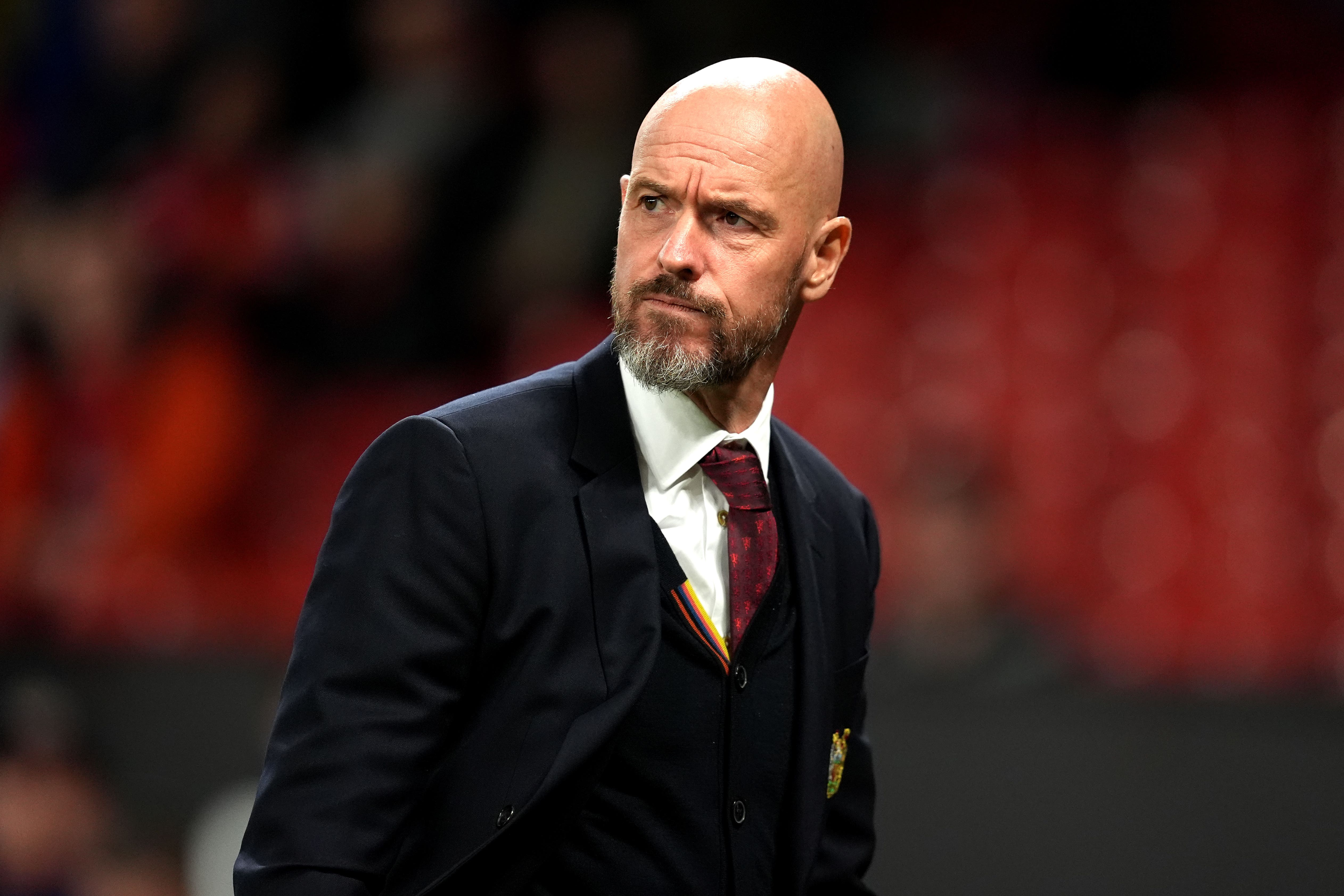Your support helps us to tell the story
From reproductive rights to climate change to Big Tech, The Independent is on the ground when the story is developing. Whether it’s investigating the financials of Elon Musk’s pro-Trump PAC or producing our latest documentary, ‘The A Word’, which shines a light on the American women fighting for reproductive rights, we know how important it is to parse out the facts from the messaging.
At such a critical moment in US history, we need reporters on the ground. Your donation allows us to keep sending journalists to speak to both sides of the story.
The Independent is trusted by Americans across the entire political spectrum. And unlike many other quality news outlets, we choose not to lock Americans out of our reporting and analysis with paywalls. We believe quality journalism should be available to everyone, paid for by those who can afford it.
Your support makes all the difference.
It was at the start of the October international window, around the time Manchester United’s hierarchy held a now infamous seven-hour meeting deliberating on the future of Erik ten Hag, that the club first approached Ruben Amorim. The initial response wasn’t effusive, which is one reason Ten Hag remained in a job that bit longer than he might have. Although many in football expected the situation to continue interminably, this time there was a difference. United, in the words of one senior football figure, were going to “start acting like a big club”.
Amorim had been open to the move but was reluctant to leave Sporting mid-season. In the way that often happens in such situations, however, the sense of opportunity was persistently playing on his mind. United similarly felt there was a chance for a statement. Liverpool got close to Amorim last season. Manchester City were thought to be considering the 39-year-old as a potential successor to Pep Guardiola, although it was conspicuous how keen figures within the champions were to point out there was no active interest. Major clubs like Bayern Munich and Barcelona have been monitoring him. United saw this was a rare chance to get “the next big thing”. They went back in strong, and Amorim was open to it. He realised how much he wanted the job.
The rest of the situation hasn’t been as clear as those emotions. There are still a few questions, that might inform what happens next – not least as regards the curious start date.
One is why United didn’t talk to Amorim as part of their interviews in the summer, if he is rated so highly. There is one obvious answer to that. Neither Omar Berrada nor Dan Ashworth were in place as chief executive and director of football, respectively. The move is being driven by this new leadership, with Sir Jim Ratcliffe giving his blessing due to how highly the coach is rated.

Another question is why Amorim still hadn’t gone to a rival. There was a point late into the 2023-24 season when he was seen as a near-certainty to replace Jurgen Klopp at Liverpool. The Anfield hierarchy gave him serious consideration, and some close to the manager felt any prospect of a deal fell down due to disagreement over the release clause. Liverpool ended up paying a similar figure of around €12m for Arne Slot, and the insistence from within the club is that the Dutch coach simply better fitted their preferences.
There have been other sliding-doors moments throughout this process. United remained in contact with Thomas Tuchel right up to that international break, after which it was immediately confirmed the German would be taking the England job. Sources close to the situation insist there was considerable surprise at Old Trafford when that news came through.
That was a week after the notorious seven-hour meeting, when Ratcliffe asked United’s entire leadership to put forward thorough arguments for what they should do next. There wasn’t disagreement over whether they needed to change Ten Hag. Everyone agreed on that. It’s that there was considerable debate on who should come in next.
Tuchel was an obvious choice, and it was felt a deal could be concluded swiftly if required. It was instead the Football Association that managed that, while only adding to the impressiveness of the appointment by concluding everything in secret.
That made United look all the more chaotic – until this week, when they managed to do exactly the same thing.

The club hierarchy refused to take no for an answer, going back to a highly rated target, while completing most of the groundwork with admirable discretion. United had looked to other candidates, but not with the same intent. Xavi Hernandez was only viewed as a temporary option until the end of the season, which was something the former Barcelona manager was not open to. That was also when it was felt Amorim would only move at the end of the season. United had concluded the Portuguese fit most of their parameters better than any other candidate. They also managed to convince him that now was the time. Amorim did float the idea of moving at the end of the season, but United were insistent.
This is how a serious club operates. It couldn’t be the modern United without a slight compromise, of course, which was the oddity of not bringing Amorim in until the international break. There is an obvious financial issue, there, but it was tempered by the view that what is important for this season is Amorim just getting the team right. That is what matters for now. It might only add to the symbolism of his appointment.
Those at United should seek to get away from the image of hiring a “saviour”, mind. They know they need to escape that kind of thinking and focus on what’s important. The five previous Glazer appointments have led to too many false dawns.
Some outside the club are all too keen to point out that there are parallels with Ten Hag. Both he and Amorim are coaches who have enjoyed success at major clubs in second-tier leagues. He now must make the jump to the world’s biggest league. “The Premier League is a different world,” one figure with knowledge of the negotiations said. There are no guarantees. It’s not like Liverpool appointing Klopp in 2015. United are again appointing talent and potential.
There are differences with Ten Hag, though.

The Portuguese Primeira Liga is considered more demanding than the Dutch Eredivisie, and Sporting were not in the position of Ajax when Amorim first took on the job on 2020. While Ajax were long dominant in the Netherlands, thanks to a structure that worked, Amorim had to lift Sporting above the more powerful Porto and Benfica. He did it twice and one of the reasons he was reluctant to move now was because he was eyeing a third title.
That’s why the major clubs rate Amorim. His tactical acumen is admired, and he’s viewed as an evolution in modern coaching. Ten Hag was respected but it shouldn’t be forgotten that Tottenham Hotspur decided not to appoint him due to a lack of charisma.
Amorim is seen as having more, with a distinctive personality. That will be important because this job isn’t just about being an elite coach. It’s also about having the personality to carry the immense weight of this job.
Ineos have already started to realise exactly what that means. Their own brief time in charge of football so far hasn’t been in any way smooth, with the indecision over Ten Hag influencing a perception of chaos. That has been compounded by low morale among club staff. Some have even pointed to how the decision to fire Ten Hag now rather than in the summer ended up costing the club more – at around £15m – than what they saved from 250 redundancies. It is hard not to think it played a part in the slightly protracted negotiations, where United refused to pay €5m for Amorim to be released this week. That makes the process feel a little less assertive, although the club are confident that will fade away once Amorim is in the role and showing that personality.
Ineos consequently needed this statement, too. They have got it, ultimately pulling off their first major decision.
It is the behaviour of a big club. They now need it to have a big impact.